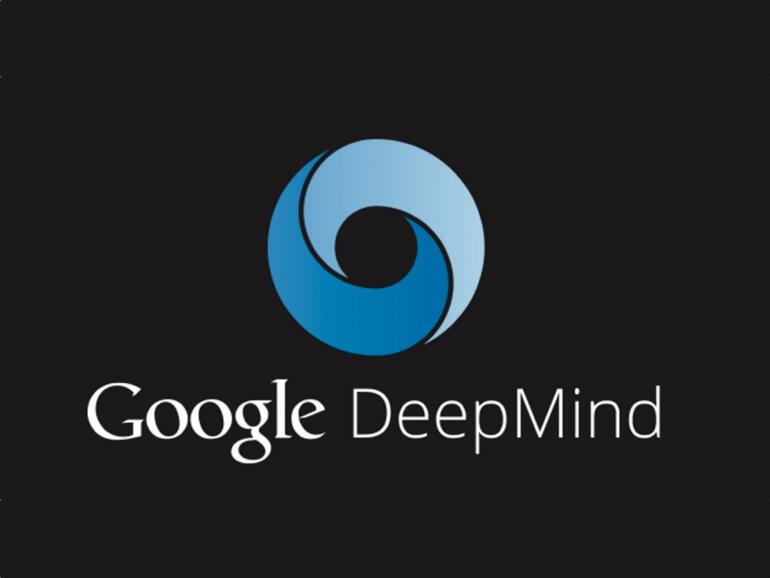The profit might be fake, but the company is not.
- DeepMind’s move into profitability means very little and, in my opinion, deflects attention from the fact that Deep Mind is one of the finest AI companies in the world.
- DeepMind made a profit of £46m in 2020 on revenues of £826m which represented an increase of more than 3x in revenues compared to 2019.
- This is being held out as evidence that Google’s investment in DeepMind is beginning to pay off, but the reality is that this is nothing of the sort.
- This is because 100% of DeepMind’s 2020 revenues came from its parent company meaning that Google can put whatever figure it likes in the operating profit line of DeepMind’s income statement.
- Managing the profitability of subsidiaries is a very well-established practice and is widely used by multinational companies to ensure that their profits accrue in the lowest tax territories.
- Hence, it is also possible that DeepMind is extremely profitable but Google decided to move those profits into another subsidiary where corporation tax is lower.
- This is what all the fuss about between Apple’s Irish subsidiary and the EU was all about.
- However, in this instance, Google could have allowed DeepMind to make a small profit in order to dispel the idea that the company is a black hole of investment that never sees any return.
- This is not the first time that DeepMind and Google have over-marketed DeepMind’s achievements and, in my opinion, it is completely unnecessary.
- I have followed DeepMind quite closely since 2016 and I have long thought that it is one the finest AI companies that exists today and is a reason why RFM rates Google as the overall global leader in AI (see here).
- DeepMind first came to prominence when it built an AI that was capable of playing the game of Go that could defeat the best players in the world.
- Due to the almost infinite number of permutations that exist in the game, this was a feat that it was thought would not be achieved for another 10 years.
- DeepMind then went on to refine this algorithm so that it could learn to play almost any board or video game to a superhuman level with no special training.
- This meant that the starting point of the AI for each game that it learned to play was always the same.
- This is where DeepMind’s marketing got the better of it and it tried to pass off this remarkable achievement as a major breakthrough in general artificial intelligence.
- This would have required the AI that learned to play Go to be able to use what it learned from playing that game and apply it to another game with no retraining.
- This was not what was happening as each game had a separate AI that learned to play the game by playing it and there was no cross-over between them.
- Consequently, the real achievement of DeepMind was obscured by what I consider to have been misleading marketing.
- The defining moment for me was when DeepMind rendered a well-established branch of the scientific community obsolete with its AlphaFold 2 algorithm.
- Working out protein structures is a crucial element of biological science because proteins are the exclusive product of DNA and as such, are responsible for 100% of all functions and features that result from an organism’s genetic make-up.
- Historically this is done with a slow and expensive technique called x-ray crystallography but AlphaFold2 is now capable of properly competing with this technique using nothing more than the genetic code that defines the amino acid sequence (see here).
- This is a huge breakthrough, but very little attention has been paid to what this could mean for advancing disease research.
- DeepMind is now engaged in helping the UK meteorological service with predicting the weather which is threatening to put the British tradition of complaining about the unpredictability of the weather also out of business.
- DeepMind has also delivered value to Google in terms of managing its data centres and reducing their power consumption.
- The upshot of this is that I think that the weakest link at DeepMind remains its marketing which does it more harm than good and masks the real value that this company can deliver.
- The problem of course is that none of this value is very tangible or quantifiable meaning that these self-harming marketing efforts are likely to continue.
- This remains one of Google’s better acquisitions and should be instrumental in keeping Google at the forefront of developments in AI.
- That being said, the valuation of Alphabet remains unexciting and very exposed to an increase or speculation of an increase in interest rates.
- I continue to think that there is more value to be had elsewhere.










Blog Comments
Fadi Abu Shamat
October 10, 2021 at 10:21 am
brilliant article as always, i totally agree on every single point and as a marketing person for the past 2 decades i strongly believe that deepmind could use an overhaul of marketing department starting from brand positioning going all the way through its communication pillar and values and mission and vision statement. I was fascinated with them since I first saw their work back in 2016 and still am which is something huge in this ever changing world of technology and I strongly believe their best is yet to come.
RICHARD WINDSOR
October 11, 2021 at 11:09 am
Many thanks…. Lets hope that overhaul comes soon….